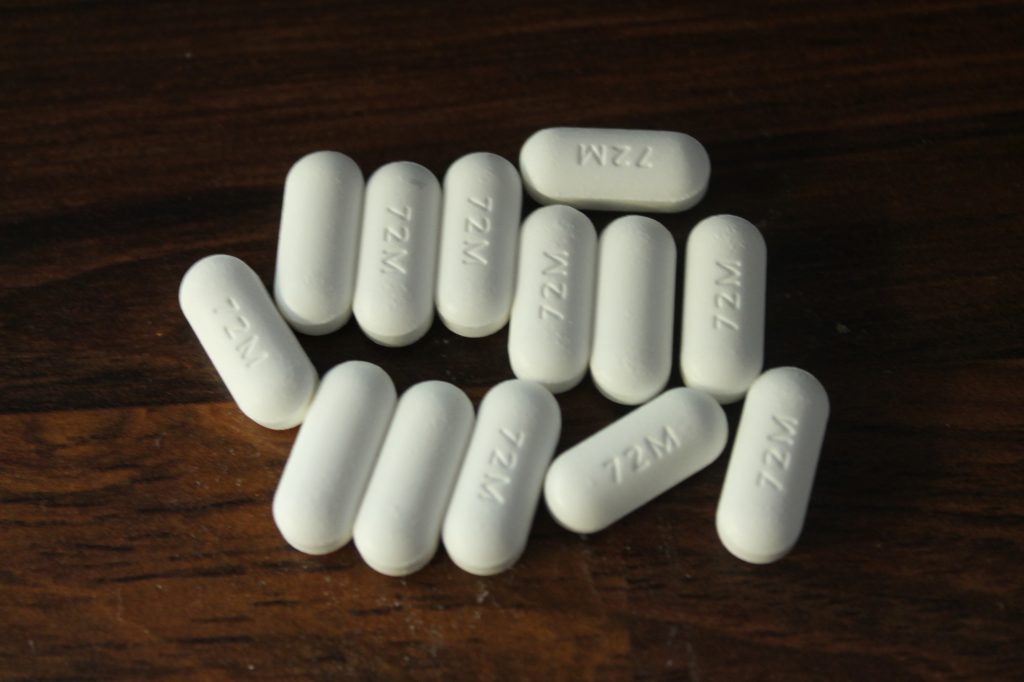
As a physical therapist, it is important for you to know and understand the truth behind codeine dependence among patients that suffer from any type of pain or discomfort in the body.
This particular prescription medication is typically issued to individuals that experience pain that is considered to be mild, or even moderate. Many prescription cough medications also contain codeine. This is considered to be a narcotic drug that can be highly addictive if it is not moderated properly.
It assists in eliminating pain that affects various areas of the body by intercepting pain signals that go to the brain. When it comes to coughing, codeine helps to minimize the severity of the reflex that contributes to the cough. While this medication is beneficial overall, there are many detrimental effects that can result in addiction.
In this guide, you will learn about codeine dependence. Your goal – as a physical therapist – is to ensure your patients avoid developing a dependency on codeine.
Codeine is a medication that is typically combined with other types of medication in order to optimize the benefits associated with it.
These medications may include the prescription drug Tylenol 3, or something as simple as Ibuprofen. When the medication is ingested, the body goes through a natural conversion process in which it releases morphine. This process occurs in the liver. Individuals that experience severe bouts of pain often find that this prescription provides the highest-level relief among all prescription pain relievers.
While codeine is one of the best treatments when it comes to painful conditions and diseases, it often results in many side effects that can result in a dependency on the substance. Many will discover that they feel as if they are “disassociated” from their surroundings.
If one experiences a lot of stress or emotional turmoil in their life, they may also find that the medication blocks these circumstances, and makes them feel “happy” overall. This is typically referred to as the “psychological” addiction. As time progresses, the body grows dependent upon the substance in order to simply function day to day. When the body and mind come to the conclusion that they require codeine, the addiction becomes official.
When an individual experiences a codeine dependence, it is challenging to overcome the addiction. Unfortunately, it can require medical assistance as the withdrawal from the substance can be devastating on an individual. Many experience varying degrees of nausea. In addition to this, vomiting is very common. Pain can develop in the area of the bones, as well as the muscles. Pain associated with headaches can also develop. Many experience a fever and this can result in uncomfortable sweating and hot flashes.
The truth behind codeine dependence is that it does exist. It exists on both a physical and psychological level. If you feel as if your patient is suffering from an addiction to codeine, it is important to ensure that you encourage them to address the addiction and perform physical therapy exercises in place of the medication. This is a positive, productive approach for physical therapists that have a desire to provide value-driven care.


